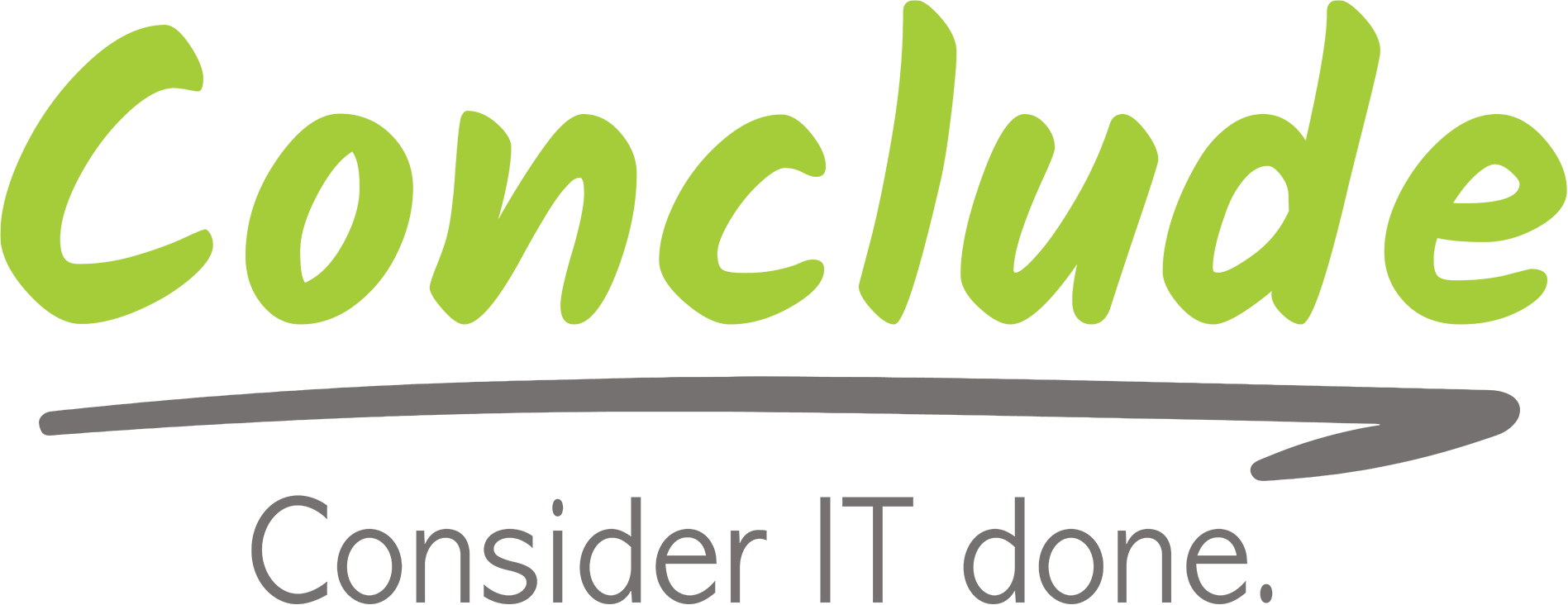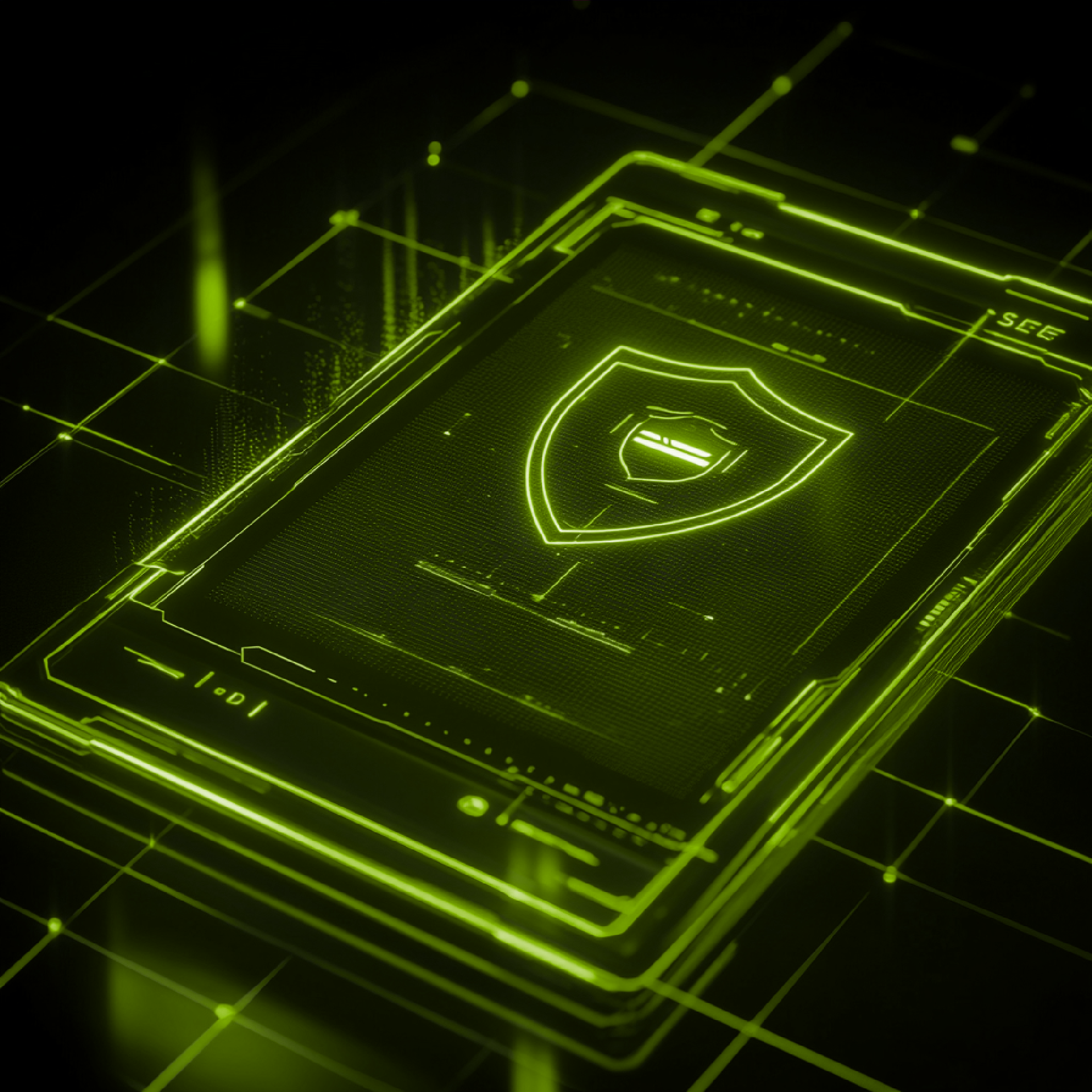
10 Myths about Electronic Signatures
In an increasingly digital world, electronic signatures (esignatures) have emerged as a convenient and efficient way to sign documents. Despite their growing popularity, several myths still surround this technology, preventing some businesses and individuals from fully embracing it. Let’s debunk the top 10 myths about electronic signatures and uncover the truth.
Electronic Signatures Are Not Legally Binding
One of the most common misconceptions is that esignatures lack legal standing. In reality, electronic signatures are legally binding in many countries, including the United States, Canada, the European Union, South Africa, and Australia. Laws such as the U.S. Electronic Signatures in Global and National Commerce Act (ESIGN), South Africa’s Electronic Communications and Transactions Act (ECT Act), and the EU’s eIDAS regulation provide a solid legal framework for their use.
Electronic Signatures Are Not Secure
Security concerns often deter people from using esignatures. However, electronic signatures are generally more secure than traditional paper signatures. Advanced encryption technologies protect esignatures, making it difficult for unauthorised parties to alter or forge signed documents. Many esignature solutions also include audit trails, providing a detailed record of who signed the document and when.
Electronic Signatures Are Complicated to Use
Some believe that electronic signatures are too complicated to implement and use. On the contrary, most esignature platforms are designed with user-friendliness in mind. The process typically involves uploading a document, adding the necessary signature fields, and sending it to the recipient for signing. Many solutions integrate seamlessly with existing software, making adoption smooth and straightforward.
Electronic Signatures Are Only for Large Corporations
While it’s true that large corporations widely use esignatures, small and medium-sized enterprises (SMEs) can also benefit significantly from this technology. Esignatures help streamline operations, reduce costs, and enhance efficiency, making them a valuable tool for businesses of all sizes.
Electronic Signatures Are Not Valid for International Transactions
Globalisation has made international transactions a common occurrence. Contrary to the myth, electronic signatures are valid for international transactions. Countries worldwide recognize the legality of esignatures, provided they comply with the relevant regulations and standards.
Electronic Signatures Lack Personal Touch
Some argue that esignatures lack the personal touch of handwritten signatures. However, esignatures can include unique identifiers, such as biometric data or a digital certificates, making them highly personalised and secure.
Paper Signatures Are Always More Reliable
While traditional paper signatures have been the norm for centuries, they are not inherently more reliable than esignatures. Paper documents can be lost, damaged, or tampered with. In contrast, electronic documents with esignatures are easier to store, manage, and protect against unauthorised changes.
Electronic Signatures Are Expensive
Another common myth is that implementing esignatures is costly. In reality, many affordable esignature solutions are available, with pricing models that cater to different business needs. Moreover, the cost savings from reduced paper usage, storage, and administrative tasks often outweigh the initial investment.
Electronic Signatures Are Not Suitable for All Documents
While certain documents, such as wills and some real estate transactions, may still require traditional signatures in some places, esignatures are suitable for a wide range of documents, including contracts, agreements, consent forms, and more.
Electronic Signature Solutions Are Not Compliant with Industry Regulations
Many esignature solutions are designed to comply with stringent industry regulations, including those in finance, healthcare, and legal sectors. These platforms often undergo rigorous audits and certifications to ensure they meet regulatory requirements.
Conclusion
In conclusion, electronic signatures offer a secure, efficient, and legally binding way to sign documents, dispelling the myths that have surrounded them. By understanding and embracing esignatures, businesses and individuals can unlock significant benefits and stay ahead in the digital age.

